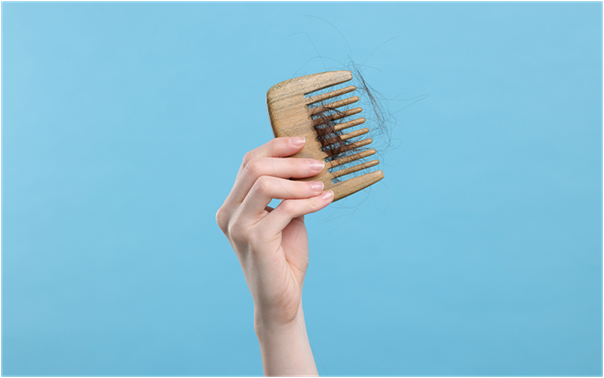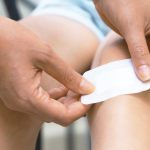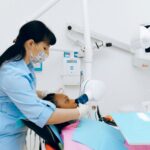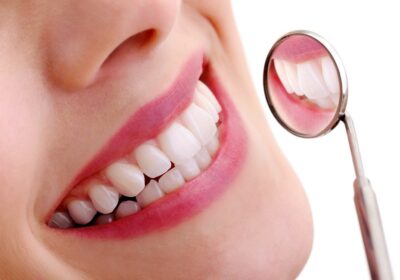
Can Baby Teeth Affect the Way Adult Teeth Grow In?
How primary teeth guide alignment, spacing, and overall oral development
Many parents believe baby teeth aren’t very important because they eventually fall out. However, primary teeth play a critical role in a child’s oral development. They guide how adult teeth grow in, support proper jaw development, and help create the foundation for a lifetime of healthy smiles.
At Soft Breeze Children’s Dentistry, we often explain to parents that caring for baby teeth isn’t just about preventing cavities — it’s about ensuring that permanent teeth erupt in the right position, with enough space, and under healthy conditions. This article explores how baby teeth influence adult tooth development and why maintaining them is essential for long-term oral health.
“Baby teeth may be temporary, but the role they play in guiding adult teeth is permanent.”
Baby Teeth Hold the Space for Adult Teeth
One of the most important functions of baby teeth is acting as “placeholders” for the permanent teeth developing underneath.
Why this matters:
• Baby teeth maintain the correct amount of space in the jaw.
• They guide where adult teeth erupt.
• Losing baby teeth too early can cause crowding or misalignment.
• Without placeholders, nearby teeth may drift, blocking the path for permanent teeth.
What can go wrong:
If a baby tooth is lost early due to decay or injury, surrounding teeth can move into the space. When the permanent tooth is ready to emerge, it may be forced to erupt crooked, sideways, or in a misaligned position.
Baby Teeth Guide Eruption Patterns
Baby teeth help ensure that permanent teeth erupt in the correct sequence and location. Each primary tooth has a specific relationship to the developing adult tooth beneath it.
Healthy baby teeth help adult teeth:
• erupt straight
• emerge in the right order
• follow a clear path through the gums
• settle into the correct bite relationship
When baby teeth are healthy, the eruption process is smooth and predictable.
Problems that may occur:
• If baby teeth are damaged or decayed, eruption patterns can shift.
• Severe decay may affect the developing adult tooth’s enamel.
• If a baby tooth is retained too long, it may block or delay eruption.
Early Decay in Baby Teeth Can Affect Permanent Teeth
Decay in baby teeth doesn’t stay isolated. Severe cavities or infections can spread deeper, reaching the permanent tooth waiting under the gum.
How decay affects permanent teeth:
• It can weaken enamel as the adult tooth develops.
• Infection can cause discoloration or spots on the permanent tooth.
• It may increase the risk of cavities later in life.
• Pain from decay can affect chewing and nutrition, which impacts oral development.
Maintaining healthy baby teeth protects the health of the adult teeth that follow.
Baby Teeth Influence Speech and Jaw Development
Baby teeth are important for more than just spacing — they help shape the way a child speaks and how their jaw grows.
Baby teeth support:
• proper tongue placement
• clear pronunciation of sounds
• balanced jaw growth
• healthy chewing patterns
• facial development
If baby teeth are missing too early, children may struggle with speech sounds or uneven jaw growth, which can later contribute to orthodontic concerns.
Healthy Baby Teeth Build Healthy Oral Habits
Taking care of baby teeth teaches children the value of dental hygiene long before their permanent teeth arrive.
Lifelong habits begin early:
• brushing twice a day
• flossing properly
• limiting sugary snacks and drinks
• visiting the dentist regularly
Children who grow up caring for their baby teeth are far more likely to maintain these habits into adulthood.
Here are some actions parents can take to protect baby teeth:
• scheduling regular dental checkups
• ensuring daily brushing and flossing routines
• monitoring sugar intake
• preventing injuries during play
• addressing cavities early
• asking the dentist about sealants
• using space maintainers if baby teeth are lost early
At Soft Breeze Children’s Dentistry, we help parents understand every step of their child’s dental development and offer tailored guidance along the way.
Conclusion
Baby teeth may only be in place for a few years, but the role they play in guiding adult tooth development lasts a lifetime. They hold space, guide eruption, support speech and jaw growth, and protect the health of developing permanent teeth beneath them.
At Soft Breeze Children’s Dentistry, we emphasize early care and education so children can grow into healthy, confident smiles — starting with strong baby teeth. To learn more about your child’s dental development or schedule a checkup, contact Soft Breeze Children’s Dentistry today.

















